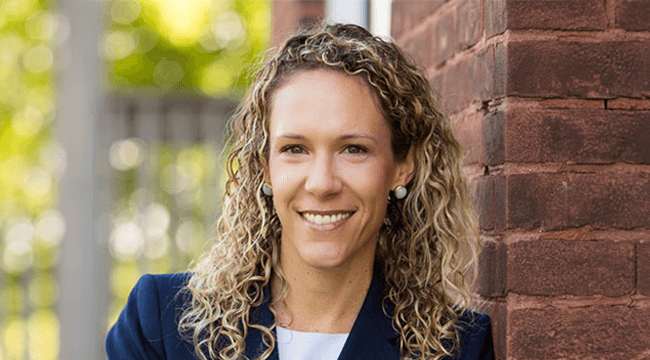Heidi Schumacher, M.D., assistant professor of pediatrics, a researcher at the Vermont Child Health Improvement Program at the University of Vermont, spoke to Vermont Public about an announcement from the U.S. Food and Drug Administration earlier this month, in which agency leaders said they intend to remove supplemental fluoride from the market by the end of October.
Many kids in Vermont don’t get fluoride in their drinking water—many are on well water, and even if a household is connected to municipal water in Vermont, hundreds of municipal water systems in the state do not fluoridate their water. Combined with lack of access to regular dental care—more than 40 percent of Medicaid-enrolled children didn’t get preventative dental care in the past year, according to the latest state data—the result is that many kids in Vermont have tooth decay, which has a profound effect on kids’ well-being. That’s why dentists and pediatricians in Vermont often prescribe fluoride tablets or drops to their patients.
Fluoride in drinking water or supplements serves a different role than in the fluoride in toothpaste, which doesn’t stay in the body.
“We have overwhelming support among professional organizations about the safety and efficacy of fluoride as a preventive strategy,” Schumacher said. “That is, I believe, where our policies should start and end.”
